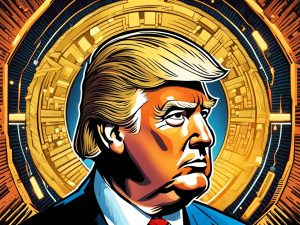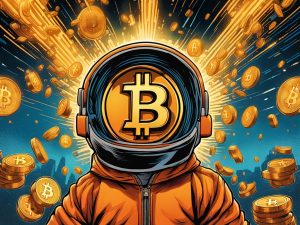Understanding the Release of Ross Ulbricht: A Complex Journey 🗝️
This article delves into the significant events surrounding Ross Ulbricht’s release from prison after serving an extensive sentence for charges related to his role in the Silk Road marketplace. This year marked a turning point — a full and unconditional pardon was granted to him by former President Donald Trump, which has sparked widespread discussions about justice, cryptocurrency, and the ongoing implications of the Silk Road legacy.
Background: The Rise of Silk Road 📈
Ross Ulbricht was just 26 when he launched Silk Road, a clandestine online marketplace designed to facilitate anonymous transactions outside the visibility of traditional search engines. The name “Silk Road” draws inspiration from the historic trade routes that connected East and West. Ulbricht, adopting the alias “Dread Pirate Roberts,” inspired by a character in *The Princess Bride*, envisioned a platform that promoted privacy and free markets.
In his writings, Ulbricht expressed a desire to create a space where people could buy anything without leaving a trace. He believed that drug use should not be criminalized and attempted to introduce products like “high-quality shrooms” to the marketplace. Shortly after Silk Road’s inception in 2011, it rapidly developed a robust network of vendors and customers.
The Growth and Challenges of Silk Road 💻
About six months after its launch, Silk Road received significant media attention, leading to a surge in users. Despite the initial success, this notoriety attracted unwanted scrutiny from political figures and law enforcement. Ulbricht documented his growing concern in his journal, noting a shift in his mental state due to the pressure of potential exposure.
To address these challenges, he sought to enhance site security and start scaling operations. However, as the marketplace expanded, internal security threatened his operations. After one of his employees faced arrest, Ulbricht’s fears led him to consider extreme measures for damage control, including hiring someone to eliminate the threat — but this backfired when he unknowingly approached an undercover agent.
The Arrest and Its Aftermath 🚨
On October 1, 2013, Ulbricht’s activities would ultimately come to an abrupt halt. While he was working in a library in San Francisco, federal agents executed a strategic operation to apprehend him. They managed to seize his laptop while Ulbricht was logged into Silk Road, leading to a wealth of digital evidence against him. Despite his attorney’s assertions that Ulbricht had distanced himself from the site’s daily operations, the jury found him guilty on multiple counts, including narcotics trafficking and money laundering.
Supporters of Ulbricht argued that the severity of his punishment — two life sentences plus 40 years without the possibility of parole — was disproportionate for a first-time, non-violent offender. They claim this approach indicated a misalignment between his intent and the actual consequences of his actions.
Continuing the Fight for Freedom ✊
Over the years, Ulbricht maintained a presence in the outside world through social media, sharing updates about prison life while expressing remorse for his past choices. His posts conveyed both a spirit of hope and candid reflections on the harsh realities of incarceration. As he approached his tenth year in prison, Ulbricht’s tone shifted to one of profound regret, recognizing the pain his actions caused others.
Petitions for his clemency gained traction, amassing over 600,000 signatures, as many called on authorities to reconsider the measures taken against him. His family contended that he posed no ongoing threat and argued his original goal was to foster a marketplace that operated outside conventional constraints.
Final Pardon and Consequences ⚖️
This year, with the announcement from President Trump characterizing Ulbricht’s sentence as “ridiculous”, Ulbricht’s supporters felt a wave of vindication. This sentiment resonates particularly within the Bitcoin community, where Ulbricht is viewed as a symbol of the core values espoused by the cryptocurrency movement. The Libertarian Party also welcomed the news, framing him as a political prisoner.
Nevertheless, Ulbricht’s release is a polarizing topic, as not everyone views the outcome positively. Critics argue that he played a significant role in contributing to the ongoing drug crisis in the United States and raised concerns about the deeper ramifications of his marketplace on public health and community safety.
Hot Take: Reflecting on Ulbricht’s Legacy 🔍
Ross Ulbricht’s story encapsulates the complexities surrounding justice, technology, and moral perspectives in a rapidly evolving digital landscape. His journey from a visionary entrepreneur to a figure representing both innovation and controversy illustrates critical debates about commerce, legality, and ethics in the cryptocurrency era. As discussions continue, it remains to be seen how Ulbricht’s legacy will inform future policy and societal attitudes towards similar platforms and the principles of privacy in trade.
For further reading and a comprehensive understanding of this topic, consider exploring the following sources:

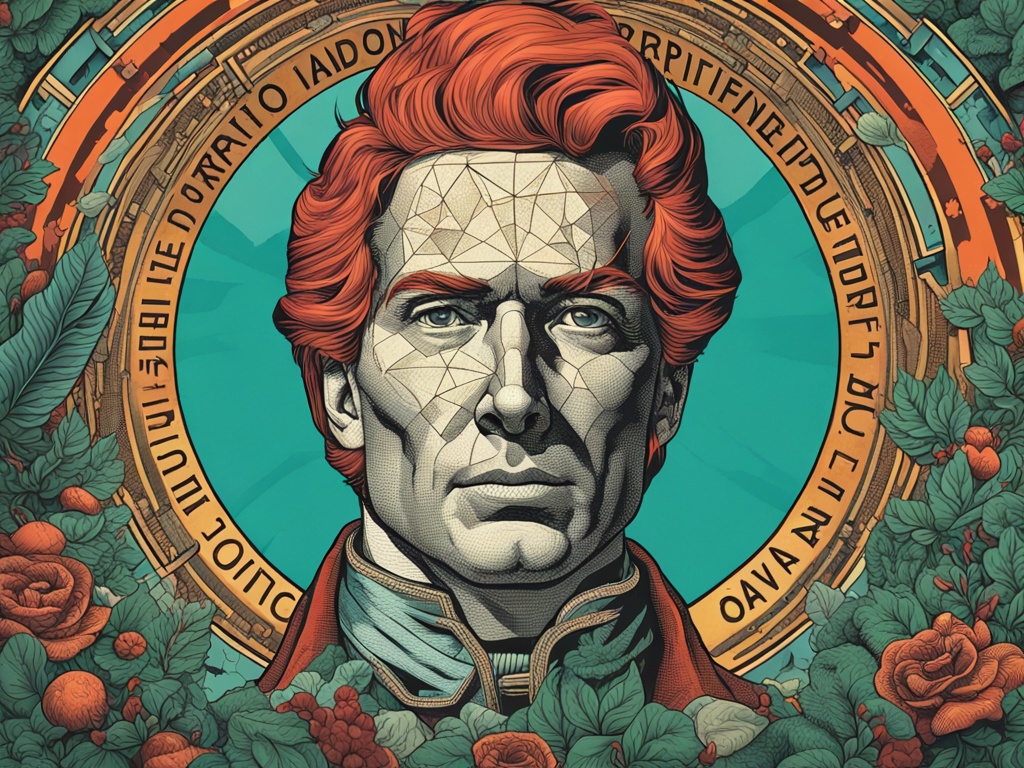
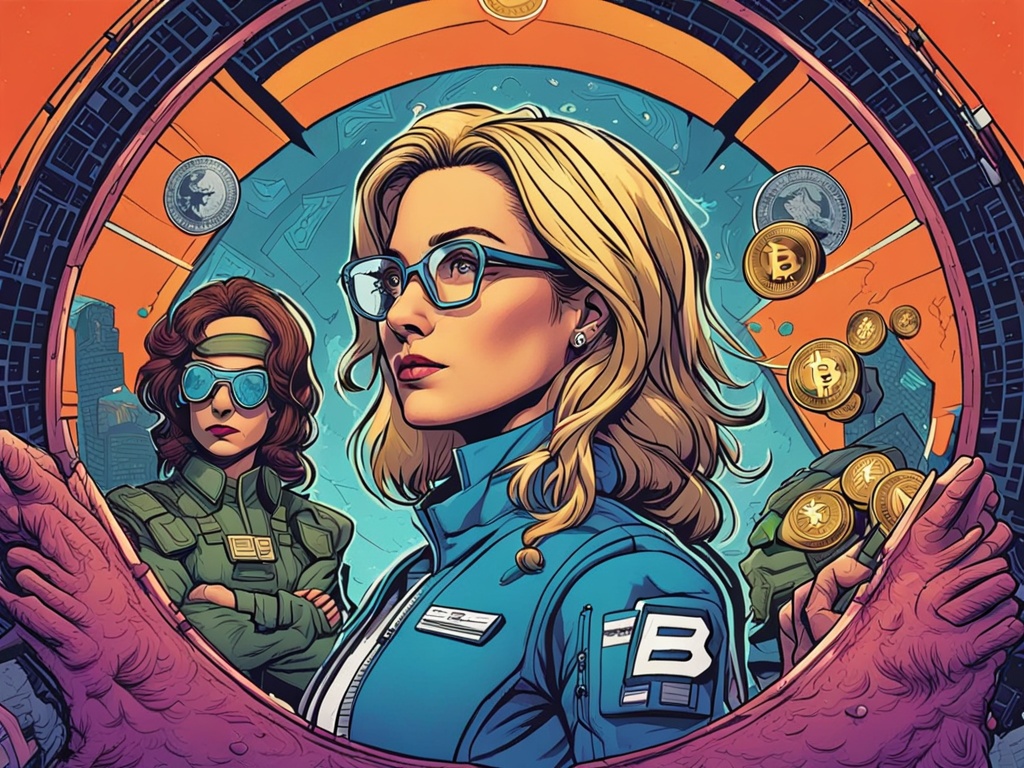
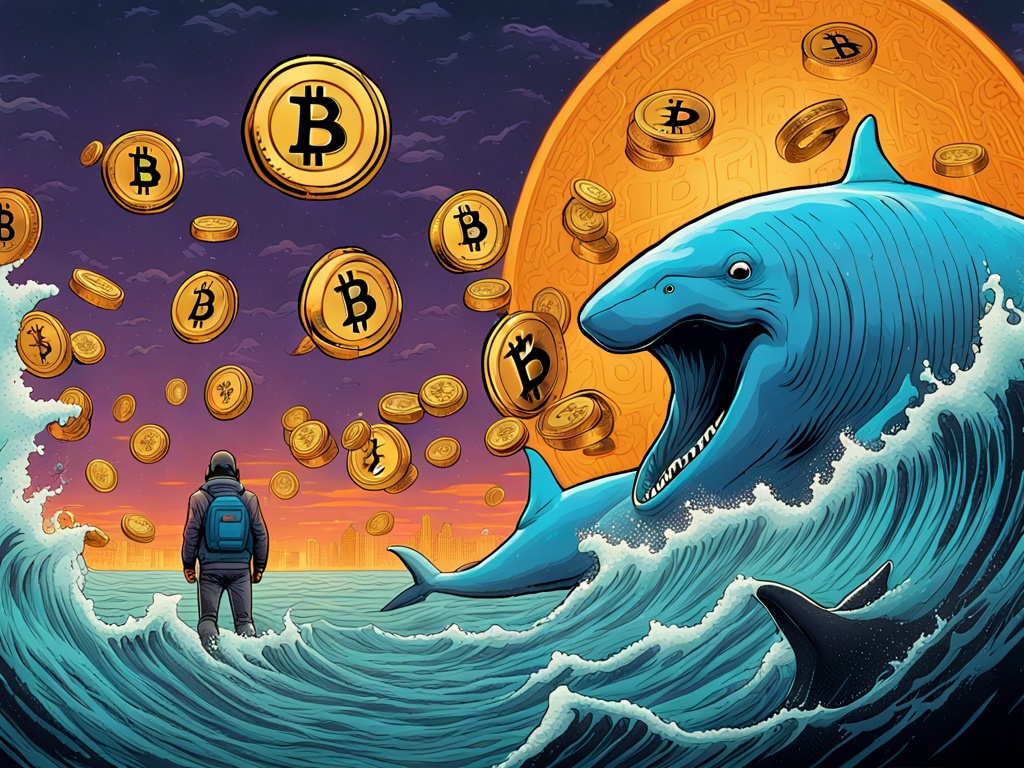

 By
By
 By
By
 By
By